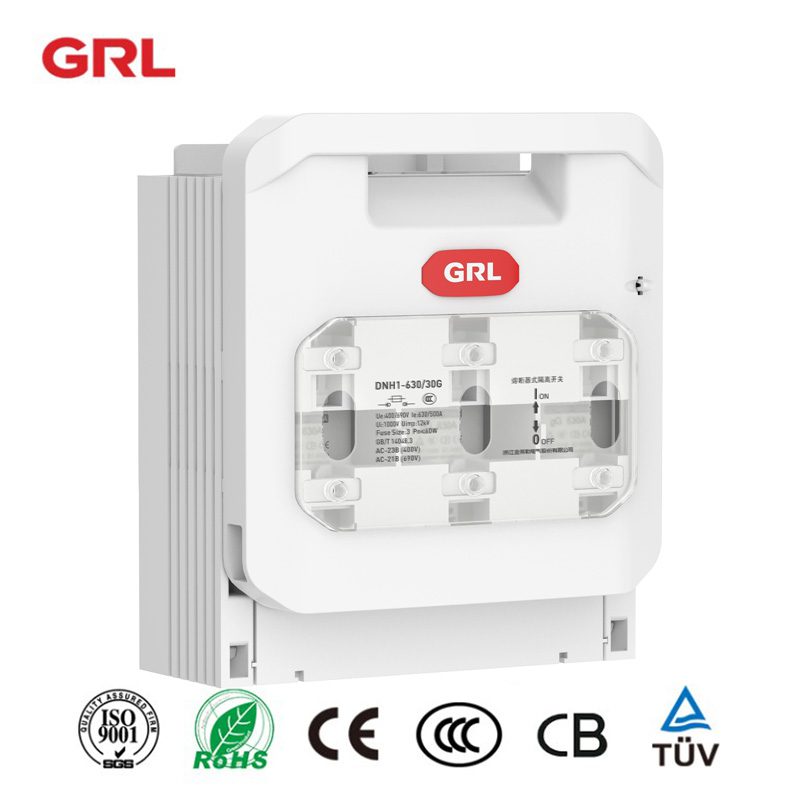
# Fuse Isolator: Essential Protection for Electrical Circuits
## What Is a Fuse Isolator?
A fuse isolator is a crucial component in electrical systems that combines the functions of a fuse and an isolator switch. This dual-purpose device provides both circuit protection and a means to safely disconnect electrical equipment for maintenance or repair.
## How Fuse Isolators Work
Fuse isolators operate on a simple yet effective principle:
- Under normal conditions, the device allows current to flow uninterrupted
- When excessive current occurs, the fuse element melts, breaking the circuit
- The isolator switch provides a visible break point for safe working conditions
## Key Benefits of Using Fuse Isolators
### 1. Enhanced Safety
Fuse isolators provide a physical disconnection point, ensuring complete isolation from the power source during maintenance.
### 2. Space Efficiency
By combining two functions in one unit, fuse isolators save valuable panel space compared to separate fuse and isolator installations.
### 3. Cost-Effectiveness
The integrated design reduces installation time and material costs while maintaining high performance standards.
## Common Applications
Fuse isolators find widespread use in various electrical systems:
- Industrial control panels
- Motor control centers
- Power distribution boards
- HVAC systems
- Commercial building electrical systems
## Choosing the Right Fuse Isolator
When selecting a fuse isolator, consider these critical factors:
| Factor | Consideration |
|---|---|
| Current Rating | Must match or exceed the circuit’s maximum current |
| Voltage Rating | Should be appropriate for the system voltage |
| Breaking Capacity | Must handle potential fault currents |
| Environmental Conditions | Consider temperature, humidity, and potential contaminants |
## Maintenance Tips
Regular maintenance ensures optimal performance of fuse isolators:
- Periodically check for signs of overheating or corrosion
- Verify tightness of electrical connections
- Test operation of the isolation mechanism
- Replace fuses with identical ratings when needed
## Conclusion
Fuse isolators play a vital role in electrical safety and system reliability. Their dual functionality makes them indispensable in modern electrical installations, providing both protection and isolation capabilities in a single compact unit. Proper selection, installation, and maintenance of fuse isolators contribute significantly to the overall safety and efficiency of electrical systems.